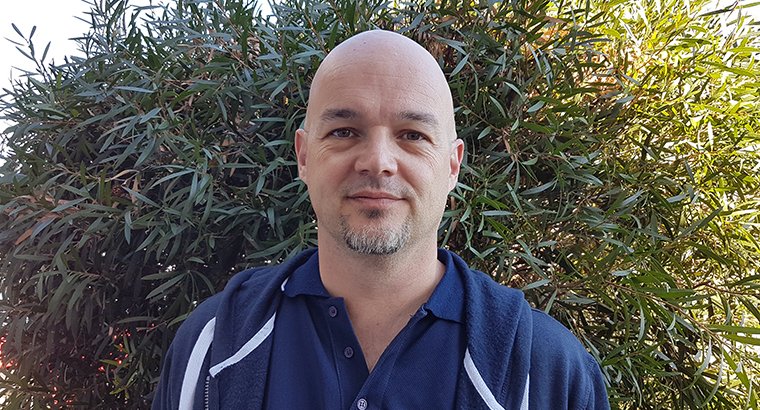News
Families fall through gaps in ice research
Researchers are calling for more study into how methamphetamine addiction affects users and the role families play in the treatment.
 A new study has identified a limited focus on examining the experiences of families of people who use methamphetamines.
A new study has identified a limited focus on examining the experiences of families of people who use methamphetamines.
‘The user has a choice to use drugs, the family members don’t get left with the choice.’
Donna Falconer has seen first-hand the impact of ice and what it does to those whose loved ones are caught in it.
‘We just get left to pick up the pieces until they have hit their last rock bottom,’ Ms Falconer told newsGP.
‘Because we can’t help them change. They have to hit their rock bottom and want help.’
Researchers are now urging for an in-depth study into the actual processes that families of methamphetamine users go through.
Published in the International Journal of Mental Health Nursing, Gaps in the ice: Methamphetamine in Australia; its history, treatment, and ramifications for users and their families identifies a limited focus on examining the experiences of families.
The study’s lead author, Douglas Gordon, of the School of Nursing and Midwifery, Edith Cowan University, Western Australia, told newsGP living with people using ice can be a significant cause of stress and disharmony, but also potentially an unminded resource for future treatments.
‘Family involvement is an increasing focus in all areas of alcohol and drug treatment. And we see a strong recognition that families are an asset to all areas of treatment,’ Mr Gordon said.
‘However, one of the issues we found … was that a lot of the literature has often focused on treatment for the user, with varying degrees of success, but has often not on the experiences of the broader family unit which is why we wrote “Gaps in the ice”.’

ECU School of Nursing and Midwifery researcher Douglas Gordon is planning to research experiences of close family members living with people who use methamphetamines.
Mr Gordon said the researchers are looking to start a study in Western Australia to specifically gain an understanding of the experiences of close family members who live with loved ones using methamphetamine, especially its crystalline form, ice.
Future research, he said, will look at ‘giving the voiceless a voice in identifying and solving their health problems’.
Dr Hester Wilson, who is Chair of the RACGP Specific Interests Addiction Medicine network, told newsGP the relationship between practitioners and patient is mostly about the individual rather than the family.
However, she said GPs are more aware of the drug’s impact on the whole family. She said one of her patients was a mother whose 21-year-old son began using ice while at university.
‘Just the huge impact he had on [the mother] trying to set boundaries with her grown child around when he was allowed to visit her and how she would intervene when he was in need,’ Dr Wilson said.
‘The whole dynamic that is just so hard for family with someone who is quite clearly unwell.’
Dr Wilson said there are no easy answers and more research is welcome.
‘It is like families supporting a sick member,’ she said.
‘We know that carers really do struggle when they have got an unwell family members and it has significant health impacts on carers as well.’
Eighteen months ago, Ms Falconer and a friend started a Facebook page, ICE Turning family pain into Power, to support others in similar situations.
‘Until you are in this situation you don’t have anybody to talk to,’ she explained. ‘There is a stigma which comes with having kids removed, there’s a stigma that comes with ice or having an addict in the family.
‘And we knew of other people struggling and drowning as well.’
Ms Falconer said the Facebook page is about connecting people and keeping the community informed about new drugs.
Ms Falconer and her friend also talk to young people about the dangers of taking drugs.
‘Education is the way to go,’ she said. ‘You have to educate the young about drug use and how it affects not only you, but this is what happens to your family.’
‘It is devastating and crippling. It devastates families in every single way.’
She said that although families cannot help the person using ice to make the decision to get clean, there are other ways to support them towards recovery.
‘We can help by not enabling them,’ Ms Falconer said.
‘Not giving them money, not giving them a place to stay. Supporting the kids if they have children in care – buying them nappies – but not giving any money to the addict.
‘And not judging them. This is a wound. They are covering up a wound of some kind by using the drug.’
edith cowan university ice international journal of mental health nursing methamphetamine
newsGP weekly poll
Which of the following areas are you more likely to discuss during a routine consultation?